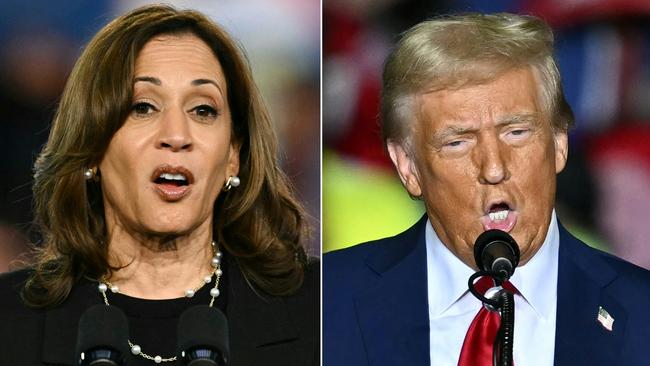
Let’s start with Harris:
•Didn’t Ditch the Teleprompter. For too long, Harris had no substantial interactions with the media or town halls with real voters. She never held a wide-ranging news conference. While events such as the CNN town hall highlighted her shortcomings when a teleprompter is not in the room, Harris’s solid debate appearance illustrated that practice can make, if not perfect, good enough.
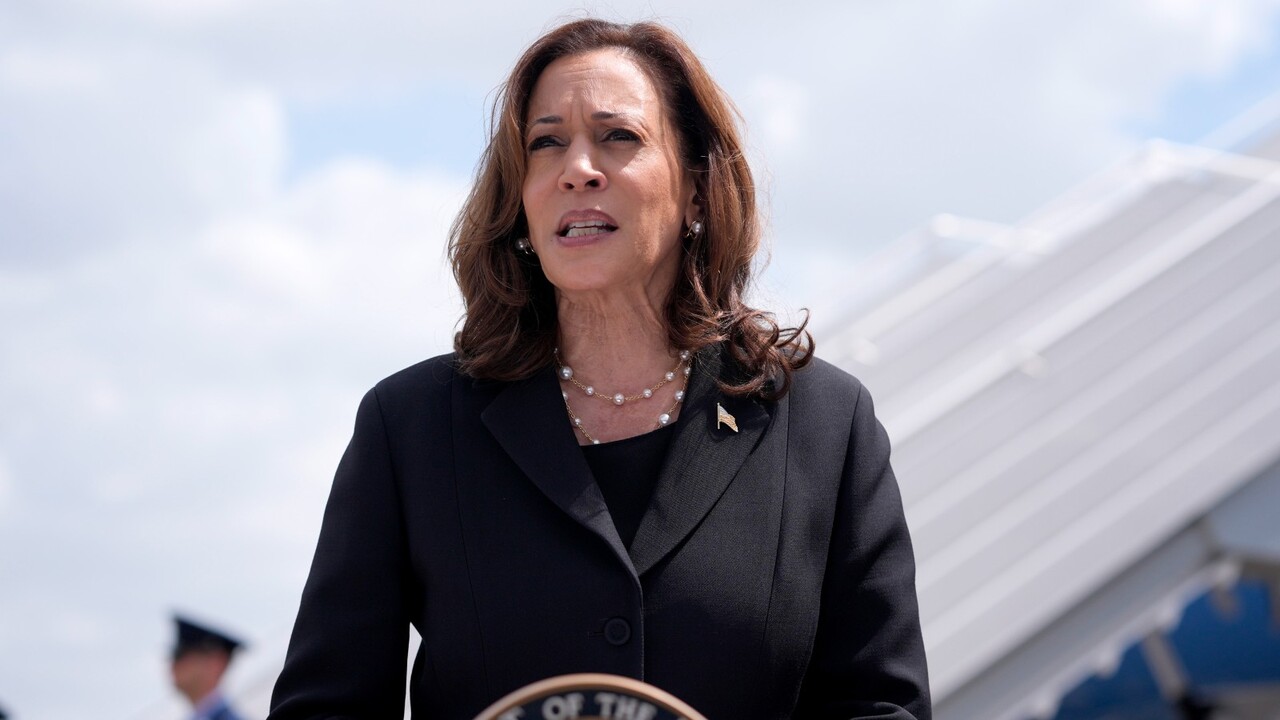
Daily engagement with journalists and voters would have given her more chances to chop up her word salads in more digestible form, and showcase who she is, what she stands for, and where she wants to take the country.
•The Gender Gap – Men’s Edition. Much of the mainstream media focused on the gender gap among women, but the flip side is how many men were attracted to Trump, including young men (black, white and Hispanic).
Some observers say Gen Z men feel alienated from the wider culture and believe Trump is an antidote to this ailment. For his part, Trump leveraged this gender gap in both paid messaging and his (and/or JD Vance’s) appearances on bro-casters such as Joe Rogan, Shawn Ryan and Theo Von.
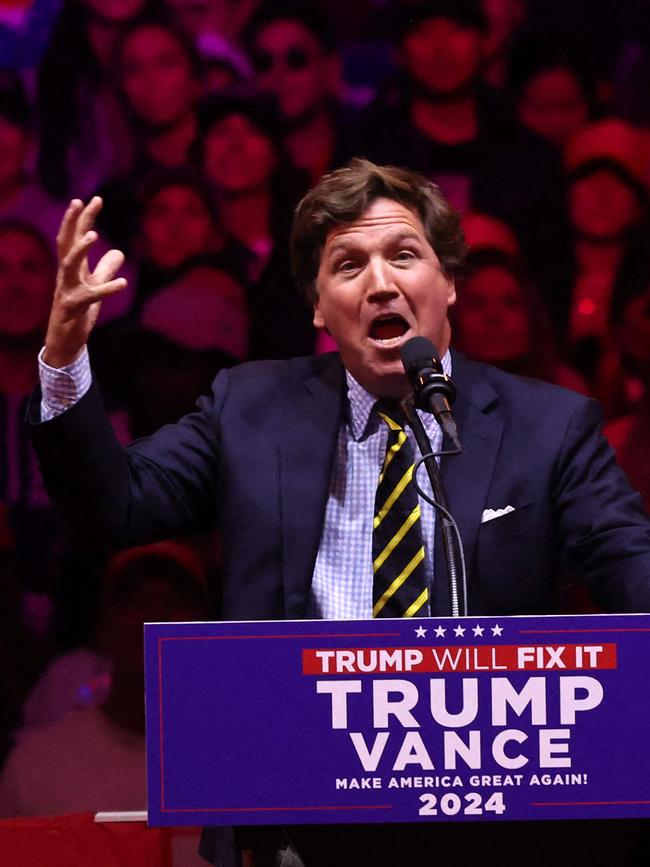
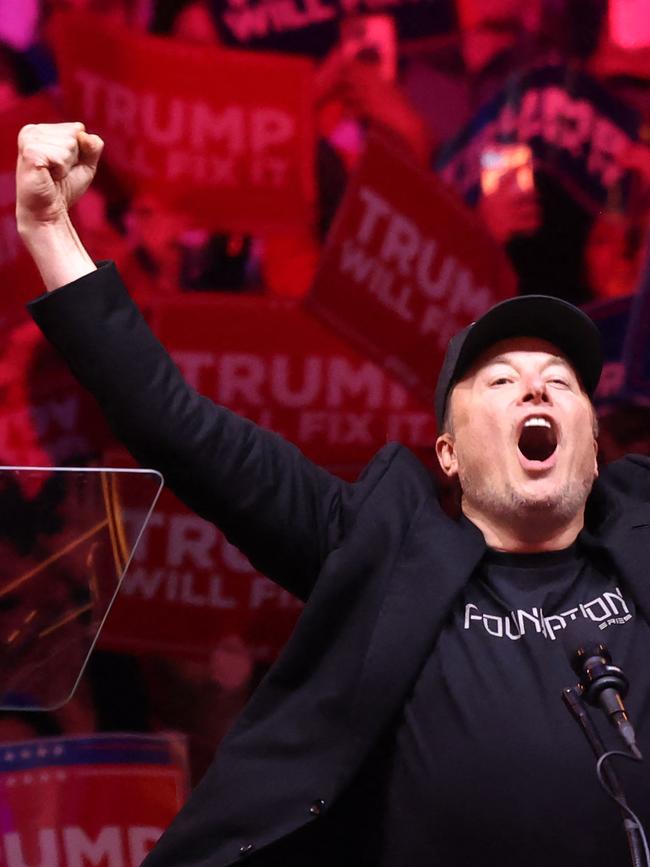
•No Clear Message. “Turn the page”, “opportunity economy” and “a new way forward” (which sounds like a Star Wars sequel) didn’t quite cut it. Neither did comparing Trump to fascists. Average voters were given no clear sense of what Harris wanted to do for America as president. That allowed Trump to define her instead, which his campaign did especially well via advertising that used Harris’s own words against her, accentuating what Trump called her “dangerously liberal” views. Harris’s avoidance of “the vision thing” (or separating herself from Joe Biden) helped tie her to an unpopular administration and the twin burdens of inflation and immigration.
•Sister Souljah Who? Many voters have little memory of the real Sister Souljah (coincidentally, I was in the audience the day Bill Clinton criticised her). But Harris still needed her own Sister Souljah moment – intentionally picking a fight with the left wing of her party to demonstrate independence and openness to moderation.
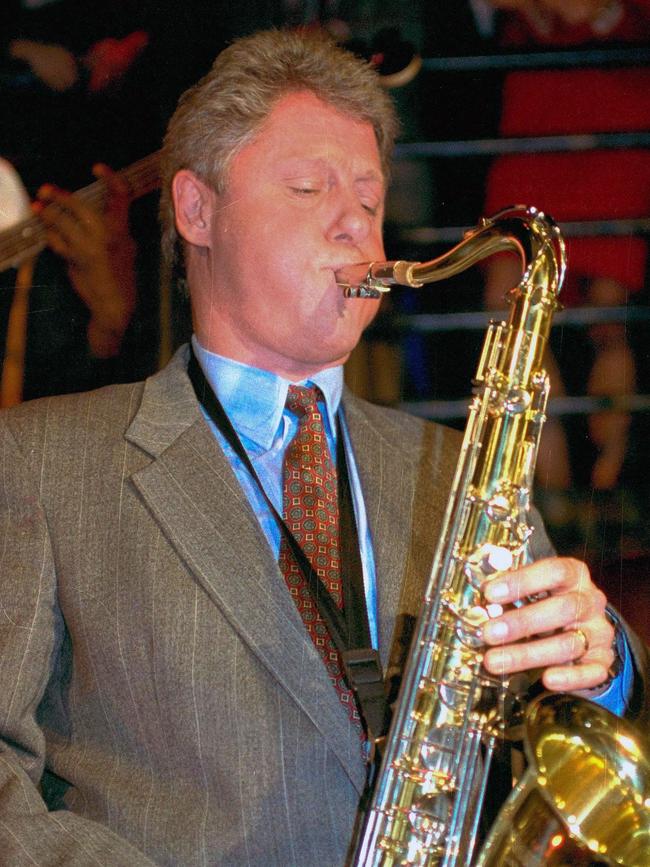
Perhaps she could have decided her support for funding “gender-affirming surgery” for incarcerated individuals was wrong, or admit the Biden administration didn’t do enough to stem the migrant tide, or conclude calls for a ceasefire in the Middle East were premature, or express openness to compromise between pro-choice and pro-life positions, or say choice makes sense in troubled school districts. Could have … but didn’t.
•Musk, Kennedy and Gabbard. The support for Trump from iconic figures such as Elon Musk, Robert F. Kennedy Jr and Tulsi Gabbard, each of whom have large constituencies of their own, helped broaden Trump’s appeal beyond his base, and gave his campaign a more futuristic feel than its nearly-octogenarian candidate otherwise represented. While Harris did counter-program with Republicans for Harris (see below), she was otherwise left with the usual assortment of Democratic celebrity endorsers, from Bruce to Beyonce.
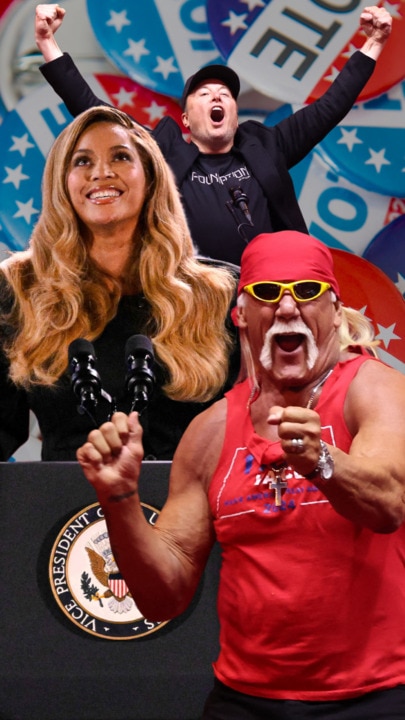
Now for Trump:
•Undisciplined Messaging. An important part of Trump’s mission this year was to remind (enough) people of what they liked about him and his time as president, and not what they didn’t. That means he should have focused squarely, almost exclusively, on issues such as immigration, inflation, personal and national security, and family values. Instead, he spent too much time relitigating the 2020 election, promoting false or unproven conspiracy theories, and personally attacking perceived enemies in increasingly harsh terms.
•The Gender Gap – Women’s Edition. Trump’s nomination of Supreme Court justices who helped overturn Roe v Wade inspired many more women to turn up at the polls for Harris, including a number of so-called “Haley voters” – women who usually vote Republican. JD Vance’s “childless cat lady” comments didn’t help either. Harris capitalised on this gender advantage via her campaign messaging, events, high-profile endorsements (Taylor Swift!) and a superior “ground game”.
•Republicans for Harris. Trump supporters claimed that “neo-cons” Dick and Liz Cheney, and other “RINO” Republicans, were “has-beens” whose support for Harris wouldn’t matter (or backfire), but they did give some conservatives and swing voters “permission” to vote Democratic this year.
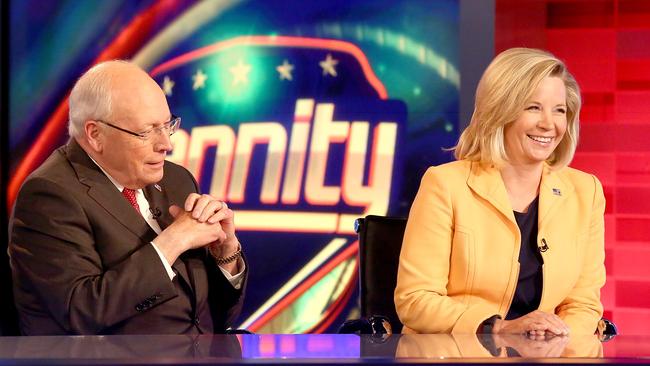
Accentuating this trend were the criticisms of Trump from military and foreign policy experts such as John Kelly, Mark Milley and John Bolton, who raised questions about Trump’s fitness to be commander-in-chief. In a razor-thin race, every vote moved by such concerns mattered.
•Chaos, Yes; Humility, No. For his base, Trump’s chaos theory of the campaign case is a plus. They love the fact he wants to up-end the status quo. But for those in the middle, 2024 was plenty chaotic on its own, and not many relished a return to the hectic, un-halcyon world of the late 20-teens.
January 6 continued to blemish memories of the Trump era, and his legal jeopardy over that and other controversies didn’t help. Trump doubled down on rigged election claims, and never showed regret for anything he said or did in the wake of the 2020 election (or for any other words or actions of his).
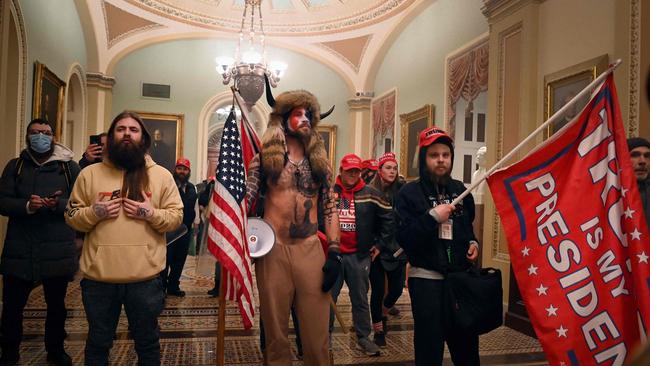
But here’s the bottom line: We are less than a week away from knowing which of the lists above helps explain what happened, and neither one is complete.
What was the impact of the assassination attempts on Trump’s life, the image of him at the McDonald’s drive-through window, the historic nature of Harris’s candidacy, the wars in Ukraine and the Middle East?
What was the effect of the mainstream media’s coverage of the candidates versus “new media” channels (social platforms, podcasts)?
How might things have been different if Harris had chosen Josh Shapiro instead of Tim Walz? To what extent did the divide between “elites” and working-class Americans affect the outcome? And what might happen between now and the closing of polls on November 5 to affect the outcome?
As always, and as it should be, the American people will soon provide the answers and have the final word.
Jim Kennedy is a former spokesman for president Bill Clinton, vice-president Al Gore, and senators Hillary Clinton and Joe Lieberman, as well as Sony Pictures and News Corp.






Let’s take a time machine forward to mid-November and look back at why Kamala Harris or Donald Trump lost the 2024 election.